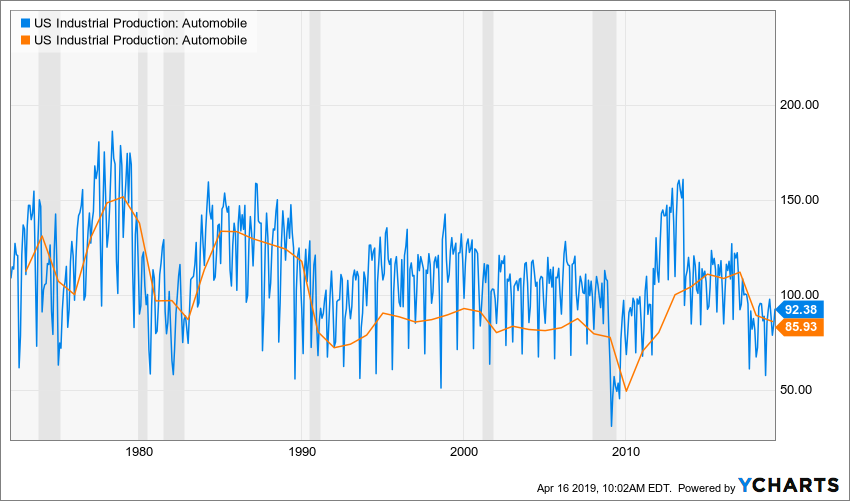I was asked a great question by a client this morning. “With all this news of rate cuts from the Fed, how does this impact my portfolio?”
The market has broadly rallied on expectations that the Federal Reserve would begin lowering interest rates again…likely even at its next meeting (July 30-31). This is an action the Fed hasn’t taken since the Great Financial Crisis of 2007 – 2009.
But how has the market actually performed, historically, once the Fed has begun easing after a period of tightening? It’s not necessarily bullish at all: Continue reading “Fed Rate Cuts and the Market’s Response. A Historical Perspective…”

